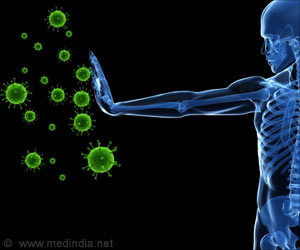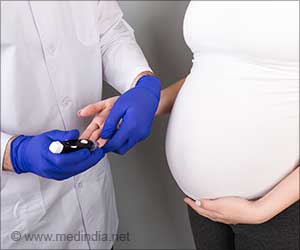Doctors must reconsider before prescribing baclofen for alcohol dependence. Research study finds no evidence for baclofen to treat alcoholism.

- Baclofen is widely used as a skeletal muscle relaxant.
- A research team from the University of Amsterdam conducted a largest Randomised Controlled Trial (RCT) to study the use of baclofen for alcoholism.
- Prescribing a high-dose of baclofen for alcohol dependence should be reconsidered as the drug was found to have only little effect.
Since few trials demonstrate baclofen to be useful in treating alcohol dependence and patients too indicate relief. The French authorities in 2014 were asked to allow doctors to prescribe high doses of baclofen for alcohol-dependent patients.
A research team from Netherlands studied the largest randomised controlled trial (RCT) on baclofen for alcoholism.
The report study published in the journal European Neuropsychopharmacology indicated the drug to have little effect when provided with psychosocial treatment.
Baclofen use for alcohol dependence actually originated from 'The end of my addiction', written by the French physician Olivier Ameisen, who asserted to have cured alcohol dependence by administering a high dose of baclofen.
The research study was conducted for 16 weeks on 151 alcoholic patients. Out of which 58 patients received high-dose baclofen (starting with a low dose to 150mg/day), 31 patients low dose baclofen and 62 received placebo.
Reinout Wiers, Professor, University of Amsterdam, said, "This came as a surprise to us. In August 2015 a small German RCT** had indicated that high dose baclofen showed good results, but their control group did not receive any treatment, whereas all our patients, including the placebo group, received psychosocial treatment. Together these studies indicate that baclofen may be as effective as psychosocial care, but does not seem to increase effectiveness further. This means that we may have to further study the effectiveness of baclofen before we can recommend it for use. For example, perhaps it can help a subgroup of alcohol-dependent patients who do not respond to psychosocial treatment. We believe that prescribing baclofen widely, as currently happens in France, might be premature and should be reconsidered".
According to the Professor Jonathan Chick, Medical Director, Castle Craige Hospital, Edinburg, Scotland, baclofen was found to show promise in patients from Italian liver clinics who did not receive psychosocial treatment. A new dutch study which was based on a 12 step model, patients were recruited from 4 to 6 weeks residential program. The study results found better outcome than the usual European study, Psychosocial treatment was found to provide good results and additional effects of baclofen will not have any notable effects in a group of this size.
It is therefore important that doctors reconsider prescribing baclofen for alcohol dependence.
Reference
- Esther M. Beraha. et al. Efficacy and safety of high-dose baclofen for the treatment of alcohol dependence: A multicentre, randomised, double-blind controlled trial. European Neuropsychopharmacology ; (2016) http://dx.doi.org/10.1016/j.euroneuro.2016.10.006
Source-Medindia












